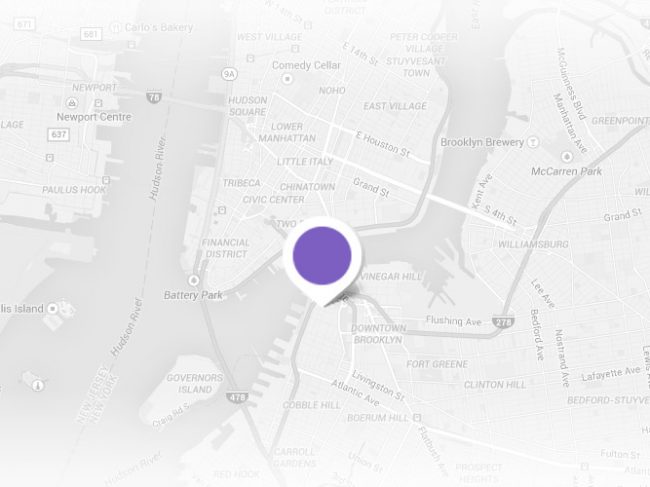Unlike most courts, if you are arrested for DUI in Washington you will be required to appear in court within 48 hours of the next business day. In most courthouses the prosecutors do not seek to increase bail at the first court appearance; however, Washington prosecutors usually request substantial bail and free trial release conditions on all DUI cases, which can include such things such as attending AA classes, the immediate installation of ignition interlock devices and abstinence from all alcohol. If you’ve been arrested in DUI in the state of Washington you should contact a skilled attorney right away to protect your rights.
Circumstantial Evidence
The difference between direct and circumstantial evidence is critical to understand in drunk driving and DUI cases. Direct evidence refers to those things that are directly observed. Circumstantial evidence refers to inferences that can be drawn from other items of evidence. For example, if a witness sees water falling from the sky, that observation is direct evidence that it is raining. However, if a witness walks outside in the morning, sees puddles on the ground, sees water rushing through the rain gutters, sees water beaded up on the car, those observations are circumstantial evidence that it has rained.
DUI cases are entirely circumstantial. Evidence of poor driving, evidence of substandard Field Sobriety Tests, evidence of red and watery eyes, and the odor of alcohol on the breath, are all circumstantial evidence of impairment.
Likewise, the chemical test evidence is circumstantial evidence. It is illegal to drive above the legal limit; it is not illegal to be above the legal limit at the time of testing, which is usually at least a half-hour after driving. The later chemical test is merely circumstantial evidence of what the alcohol level was at the time of driving. If the accused gave a breath or blood test while driving, that would be direct evidence. Because of the passage of time, the evidence is, instead, circumstantial evidence.
Reasonable Doubt
Every defendant in a criminal case (DUI included) is entitled to put the prosecution to its proof, and, unless the prosecution convinces the finder of fact (jury, or judge in states that do not allow jury trials for drunk driving cases) that defendant’s guilt has been proven beyond a reasonable doubt, the defendant is entitled to a judgment of not guilty.
Every lawyer has his or her own way of describing this level of proof. It is the highest-burden known in the law.








